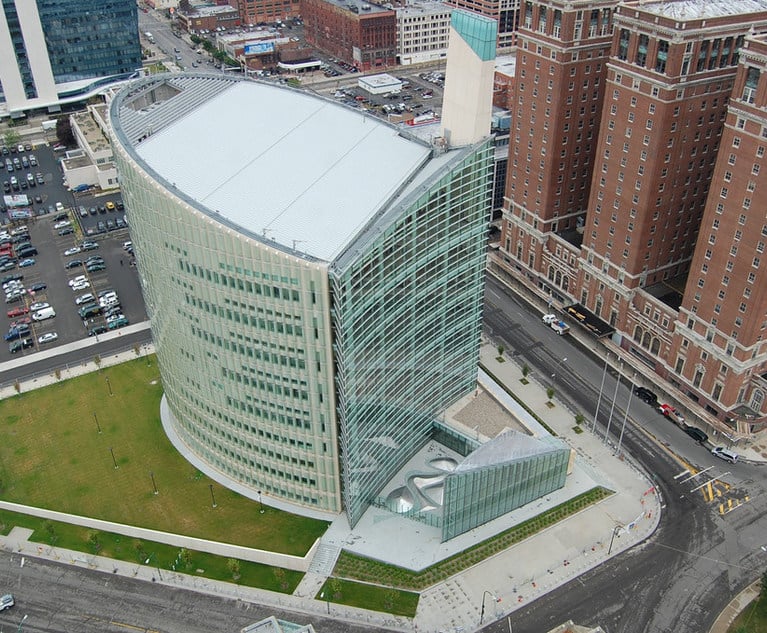In the midst of ongoing demonstrations around the country arising from the May murder of George Floyd, Attorney General William Barr reportedly told United States Attorneys on a conference call last month to consider prosecuting protesters under the federal statute that criminalizes sedition. Two weeks ago Deputy Attorney General Jeffrey Rosen endorsed that approach, writing in a leaked email, “The attorney general and I recently discussed with you the need to consider the use of a variety of federal charges that may be appropriate, including seditious conspiracy.” The alarming prospect of sedition prosecutions of protesters warrants an examination of the First Amendment protections against government invocation of sedition to suppress political dissent.
Current federal law criminalizing sedition dates back to the Alien Registration Act of 1940—more commonly known as the Smith Act—which Congress enacted in response to the perceived threat of violent overthrow of the United States by communists. But the federal government’s use of criminal law to suppress dissent goes back to the Alien and Sedition Act of 1798, which led to a wave of prosecutions against newspaper publishers, a national debate about freedom of speech, and the defeat of President John Adams by Thomas Jefferson in 1800.


 Christopher Dunn
Christopher Dunn




